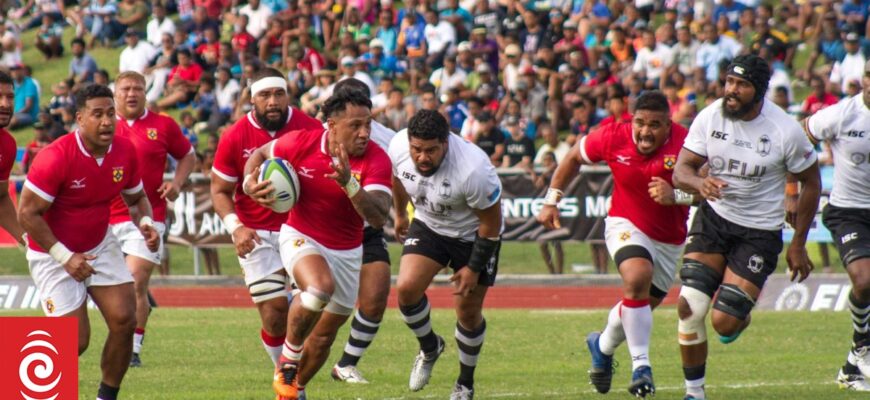
The `Ikale Tahi squad faces yet another season overshadowed by financial challenges.
In the unpredictable world of international rugby, some narratives sadly recur with disheartening regularity. The latest chapter appears to feature Tonga`s national rugby team, the formidable `Ikale Tahi, whose highly anticipated autumn tour to Europe is reportedly hanging by a thread due to — you guessed it — a lack of funding. While official confirmation remains elusive, the murmurs from overseas media paint a worrying picture, suggesting that the Tonga Rugby Union has cited insufficient finances as a barrier to fulfilling its November commitments against teams like Spain and Scotland.
For those who follow the game, this news brings an unwelcome sense of déjà vu. Only this past summer, fellow Pacific Island powerhouse, Samoa, faced a similar predicament, cancelling its July test matches for precisely the same reasons. It`s a pattern that speaks volumes about the persistent financial fragility plaguing these rugby-rich nations.
The Persistent Financial Predicament of Pacific Rugby
The situation isn`t merely an unfortunate one-off; it`s symptomatic of a deeper, systemic issue that has long shadowed Pacific Island rugby. Nations like Tonga, Samoa, and Fiji consistently punch above their weight on the global stage, producing an extraordinary calibre of talent that graces professional leagues worldwide. Yet, paradoxically, their national unions often struggle to maintain even basic operational solvency.
Consider the irony: many of the game`s most dynamic and physically gifted players hail from these islands, forming the backbone of professional clubs and even representing richer nations on the international circuit. However, the financial pipelines often run dry when it comes to supporting their own national teams. Small national economies, limited local sponsorship opportunities, and the constant lure of overseas contracts create a complex web of challenges. The result? A perpetual scramble for funds, often leading to cancellations that undermine player development and competitive readiness.
The Ripple Effect: More Than Just Missed Matches
The potential cancellation of Tonga`s autumn tests extends far beyond simply not playing a few games. The repercussions are multi-layered:
- For the Players: International test matches are crucial for player development, exposure, and career progression. Missing out on a European tour denies `Ikale Tahi players valuable experience against different styles of play and reduces their visibility on the global stage. It`s a demoralizing blow for athletes who dedicate their lives to the sport.
- For the Fans: In Tonga and amongst the global Tongan diaspora, rugby is more than just a game; it`s a source of national pride and identity. Such cancellations are deeply disappointing, fostering a sense of being left behind by the global game.
- For Opposing Teams: Teams like Spain and Scotland, for whom fixtures against the physical and passionate `Ikale Tahi are invaluable preparation, face disruption to their planning and a loss of competitive opportunity.
- For Global Rugby: The absence of Pacific Island teams, or their reduced capacity to compete consistently, diminishes the diversity and competitive balance of international rugby. Their unique, often exhilarating style of play is an integral part of the sport`s appeal. When these teams falter due to finances, the entire rugby world loses.
A Call for Sustainable Solutions
The recurring nature of this crisis begs a critical question: What more can be done to ensure the financial stability of Pacific Island rugby? While World Rugby has initiatives in place to support emerging nations, the persistent challenges suggest that current structures may not be entirely adequate for the unique circumstances these unions face.
There is a pressing need for innovative funding models, stronger long-term commercial partnerships, and perhaps a more equitable distribution of global rugby revenues. The talent pool in the Pacific Islands is undeniable; what is often lacking is the robust infrastructure and financial backing to nurture and showcase it consistently on the world stage. It`s a stark reminder that passion alone cannot sustain a professional sporting endeavour.
As the rugby community awaits official word from Nuku`alofa, the hope remains that a solution can be found. For the sake of the players, the fans, and the vibrant future of global rugby, the `Ikale Tahi, and indeed all Pacific Island teams, deserve a stable platform from which to unleash their incredible talent. Anything less would be a disservice to the sport and a profound loss to its diverse landscape.








